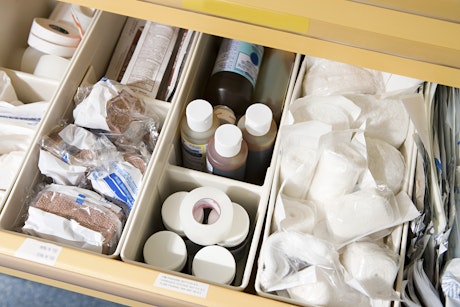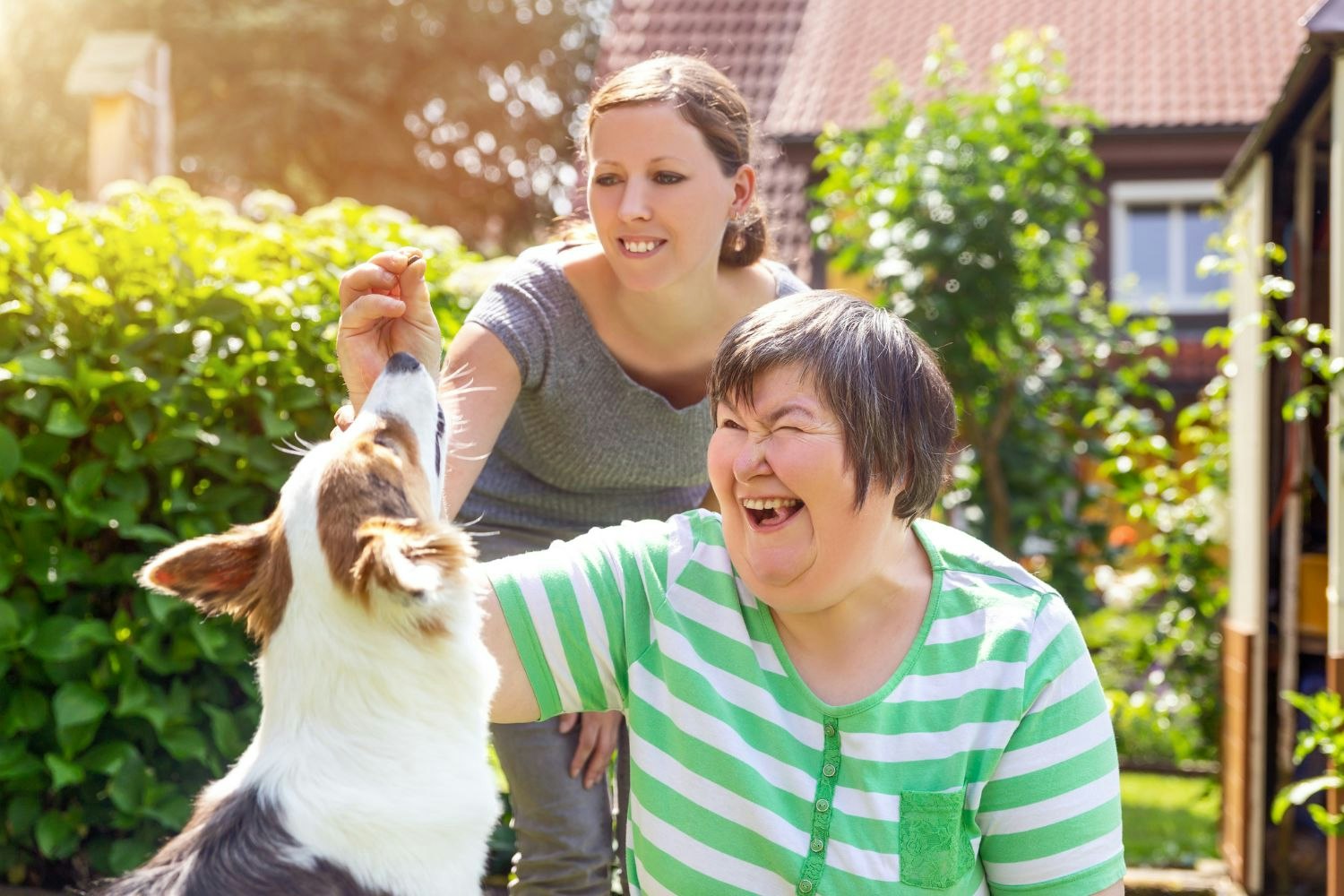
Healthcare
Products and equipment such as personal care items, continence aids and medical supplies.

Looking after physical, mental and emotional health is important for everyone, so we’ve pulled together our resources on health and well-being for people with disability on this page.
The topics cover physical activity and eating healthily, information about mental health and how important it is to look after your mental health, as well as the support you can access through the National Disability Insurance Scheme for health and daily living.
Scroll down the page to see what topics you can read about or use the jump to section to go directly to the articles you want to read.
Below the articles is a list of the types of providers that can help you with health services and well-being support.
At the end of the page is a selection of other health care-related articles from our website that you also might like to read.
A number of professionals can help you explore health and well-being supports so you can be as healthy as possible.

Products and equipment such as personal care items, continence aids and medical supplies.

Supports to help manage disability or reduce symptoms, offer treatment, advice or prescribe medication.

Medical and therapeutic professionals can assist in different ways to help manage your disability and improve your life.

Psychologists are health practitioners that can help you change your behaviour and improve your mental health.
Here you’ll find a selection of information articles related to health, well-being and NDIS support payments that have been published on Disability Support Guide to help you understand how funding works.

The challenges and demands of disability can change as you go through life’s different stages.

Psychosocial recovery coaches help people with psychosocial disability to live a fulfilling life.

People with agoraphobia may find that the pandemic normalised a very serious condition, with many people who have a social phobia actively trying to overcome feelings of isolation.

One is something you may experience during life, but the other will last a lifetime.
If you’re finding it difficult to prepare balanced meals, understand nutritional information and maintain healthy eating habits you may be eligible for NDIS support.
Senior dietitian at NDIS-registered health and disability support organisation Kinela, Jamil Tuazon, shares how food choices can impact our overall well-being as well as her top tips for healthy eating.
Australians of all ages, including people with disability, are encouraged to be active to stay healthy. Here are some tips for exercising with disability.
Could you be eligible for NDIS-funded support as a person with mental health issues?
Read more about eligibility in this guide!
Taking care of your mental and emotional well-being is just as important as your physical health.
People with disability are at greater risk of developing a mental health condition than other members of their community but may find seeking support difficult.
Hospital stays are more common for people with disability than for the general population of Australia, but receiving the best care while in hospital might be more complicated if you have complex needs.